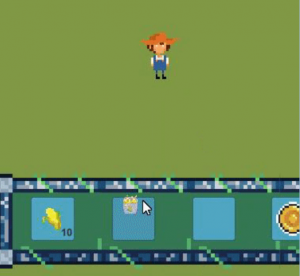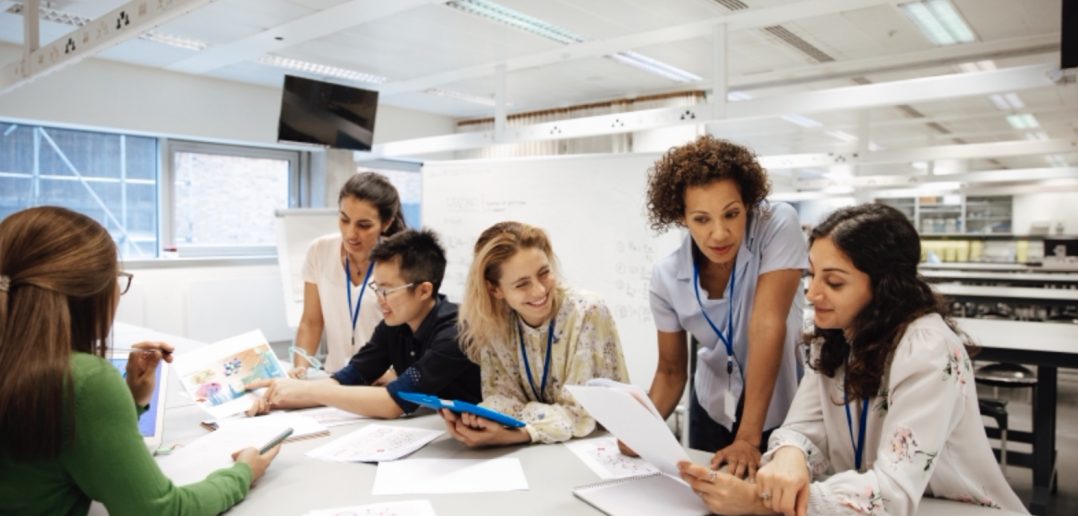As head of the SAS Data Ethics Practice, I spend a lot of time contemplating the social implications of AI.
Considering its benefits like augmenting medical decisions and pitfalls, making decisions based on biased data results in dire consequences for patients. Such implications have the potential to impact society in a variety of fields like healthcare, financial services, manufacturing, transportation and the list goes on. AI is a present reality and promises to become more prevalent in our future, which is why it’s so important that young people are engaged with the technology now, particularly those from underrepresented communities, as the technology is developed and deployed.
Recently, the SAS Social Innovation team partnered with AI4ALL, a non-profit dedicated to increasing diversity and inclusion in AI education, research, development, and policy. They do this by working with underrepresented students around the country to provide hands-on experience with AI, unleashing their potential to be responsible AI leaders.
SAS supports the AI4ALL Changemakers program, which cultivates a community of emerging AI talent in many ways, including collaborative projects with the industry. High school students worked with SAS mentors to explore a variety of topics through real-world projects. Collaborations like this are invaluable as they empower the next generation of AI creators and users to envision possibilities for the world they want to shape while providing them with a tangible understanding of real-world risks they must consider and remediate.
In June, I had the opportunity to witness Changemakers presenting their research projects to SAS employees -- research that ranged in focus from AI and privacy to using AI to detect crop diseases and lung cancer to analyzing the impact of social media on the value of cryptocurrency. In a word – wow! The students were so impressive, their ideas were well considered and their poise under questioning was excellent.
Opportunities to perform research such as this while in high school and college are critical to developing technical skillsets and fluency, though more important, in my opinion, they’re also critical for student confidence. Trained, competent students are a requirement for the AI workforce. Still, those who are confident in their competence are essential and this is a particularly acute concern for the historically underrepresented who are likely to retain minority status in the workplace.

The AI4ALL collaboration aligned perfectly with our responsible innovation commitment in a few ways:
- SAS volunteers shared their career expertise to guide student projects, instilling advanced data skills that will bolster the students’ career opportunities. But the projects didn’t just teach them technical skills; they made them consider the ethical implications of AI.
- It reinforced the importance of having diverse voices at the table, from the inception of an idea to creating and deploying AI models. One day, they may be those voices, steering the use of technology to applications that lift people up and improve society.
- We don’t have all the answers to the incredibly complex challenges of trustworthy AI. We partner with organizations like AI4ALL so that we can learn and contribute to a community of companies, non-profits, researchers, academics, policymakers and others seeking to realize the promise of AI.
As responsible innovators, meaning as creators and users of AI, we have a “duty to care.” Part of that care includes cultivating the next generation of responsible innovators. I encourage other organizations to learn more about the AI4ALL Changemakers program and consider ways they can engage with these brilliant high school and college students. Maybe you are already engaged, or perhaps you’re doing something similar. If so, let me know as I’d welcome connections with like-minded folks who also act on their duty to care.


1 Comment
Great article @Reggie Townsend.
You suggested letting you know, if we did something similar. I sit on several boards but here's two that might align.
I'm a founding member of and governing board member of Youth About Business a C.E.S. company:
https://www.youthaboutbusiness.org/
And I'm a board member of CodeEdge:
https://codeedge.org/